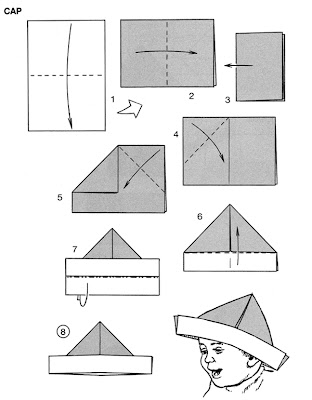1. Lacking self-confidence; distrustful of one's own powers; timid; bashful.
2. Characterized by modest reserve; unassertive.
He lived naturally in a condition that many greater poets never had, or if they had it, were embarrassed or diffident about it: a total commitment to his own powers of invention, a complete loss of himself in his materials.
-- James Dickey, "The Geek of Poetry", New York Times, December 23, 1979
This schism is embodied in Clarence's two sons: cheerful, pushy, book-ignorant Jared, a semicriminal entrepreneur who has caught "the rhythm of America to come" and for whom life is explained in brash epigrams from the trenches, versus slow, diffident Teddy, the town postman, uncomfortable with given notions of manhood, uncompetitive ("yet this seemed the only way to be an American") and disturbed that others misstate "the delicate nature of reality as he needed to grasp it for himself."
-- Julian Barnes, "Grand Illusion", New York Times, January 28, 1996
Minny was too delicate and diffident to ask her cousin outright to take her to Europe.
-- Brooke Allen, "Borrowed Lives", New York Times, May 16, 1999
Diffident is from the present participle of Latin diffidere, "to mistrust, to have no confidence," from dis- + fidere, "to trust." The noun form is diffidence.





No comments:
Post a Comment